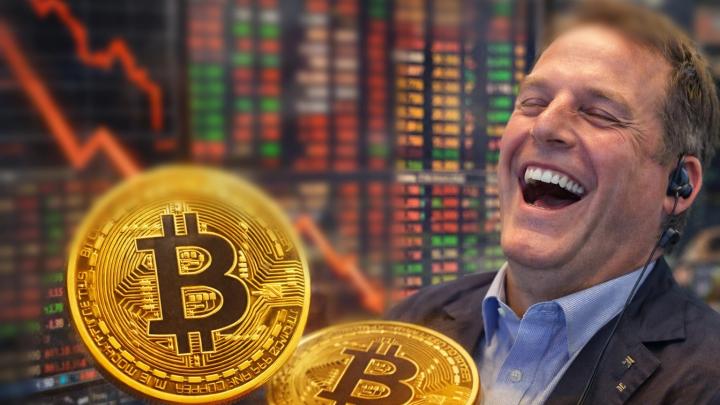In the context of global trade war tensions, major powers have launched tariff wars, increasing the volatility of the Bitcoin and cryptocurrency markets. Recently, US President Trump announced widespread import tariffs, causing chaos in the stock market and causing risky assets to retreat. Matt Hougan, investment director of Bitwise, commented that investors are struggling with major market fluctuations and complex information. He believes the White House's plan is becoming clearer. Steve Miran, chairman of the White House Economic Advisory Council, argues that the USD's position as a reserve currency has put pressure on US manufacturing and distorted the monetary market. Hougan said the USD needs to depreciate, and the Trump administration intends to significantly devalue the USD, even sacrificing its status as the world's sole reserve currency.
Hougan predicts that the short-term weakness of the USD will boost Bitcoin's strength. Since 2020, these two have often moved in opposite directions, and this trend may continue. He says that in the long term, the prospects for Bitcoin will be more positive. Tariff adjustments and the global de-dollarization trend could encourage countries to shift to using new reserve currencies. In the process of transitioning to a "more decentralized reserve system," the world will increasingly focus on "hard currencies" like Bitcoin and gold. Hougan believes these changes could reshape global financial flows and create new opportunities for cryptocurrency.







